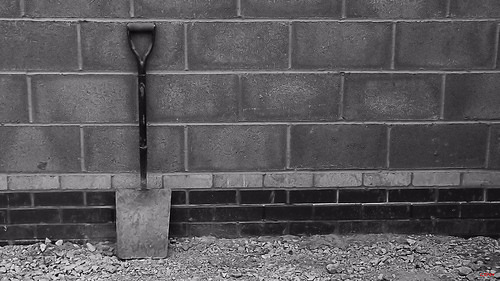In which we learn about chains of causes and when and why they cannot go on to infinity. Continuing my look at Chapter 3 of the Compendium Theologiae. The complete series is here.
 In the previous posts, St. Thomas Aquinas had pointed that when something changes, it’s because some else is changing it. (Yes, that’s an oversimplification. We’ll talk about some of the nuances down below.) He continues,
In the previous posts, St. Thomas Aquinas had pointed that when something changes, it’s because some else is changing it. (Yes, that’s an oversimplification. We’ll talk about some of the nuances down below.) He continues,
This process cannot be traced back into infinity.
O, the confusion surrounding the notion of infinite regression! This statement was obvious to Aristotle and to Thomas, but it is less so to us, and it is because we typically work with a much weaker idea of causation than they did.
Consider the following. I had a father, who was clearly a cause of my conception and subsequent existence. He had a father, and he had a father, and so on. (Substitute mothers, if you prefer.) In principle, lacking any evidence about the lifespan of the universe, there’s no reason such a chain couldn’t go on ad infinitum. It was Aristotle’s view that the universe is eternal, having no beginning; he saw no need for any beginning to time, based purely on metaphysical speculation. Thomas agreed: he saw creation as a particular point in time as one of those revealed propositions that can be justified but not proven. There is no purely philosophical reason to rule out an endless chain of fathers and sons.
But also notice that my continued existence doesn’t depend on the continued existence of my father (a very good thing, as he passed away several years ago). He was instrumental in my coming into being, but was not absolutely necessary to my existence at any time after that. This is what Thomas calls a per accidens causal chain.
But now consider a different kind of causal chain. Suppose I am using a shovel to dig a ditch. The dirt is moved by the shovel. The shovel is moved by me. If I am not moving, the shovel is not moving. If the shovel is not moving, the dirt does not move. This is the sort of thing that Thomas is thinking of; he calls it a per se causal chain. It is a set of things happening simultaneously that result in a particular outcome: in this case, the movement of the dirt out of the ditch. Remove any cause in the chain, and the dirt stays in the ditch.
If you think about it, example of this kind of causation abound. We’ve spoken of several already: the motion of the planets, and the motion of the tides. When a baseball smashes a window, during the moments of impact the ball is breaking the window and the window is being broken by the ball. Remove the ball or the window, and nothing happens. That the ball was thrown by a small boy some moments earlier is, by the time the breaking begins, completely irrelevant. (Metaphysically speaking, if not morally speaking).
It is this kind of causal chain that cannot go on to infinity:
For everything that is moved by another is a sort of instrument of the first mover. Therefore, if a first mover is lacking, all things that move will be instruments. But if the series of movers and things moved is infinite, there can be no first mover. In such a case, these infinitely many movers and things moved will all be instruments.
An instrument is simply a tool. When I use a shovel to dig a ditch, the shovel is my instrument. But you can’t have an infinite chain of instruments; ultimately there has to be something initiating the movement, or there will be no change at all. If I do not move the shovel, there will be no ditch:
But even the unlearned perceive how ridiculous it is to suppose that instruments are moved, unless they are set in motion by some principal agent. This would be like fancying that, when a chest or a bed is being built, the saw or the hatchet performs its functions without the carpenter.
We’ll finish the chapter and put all of this together next week.









